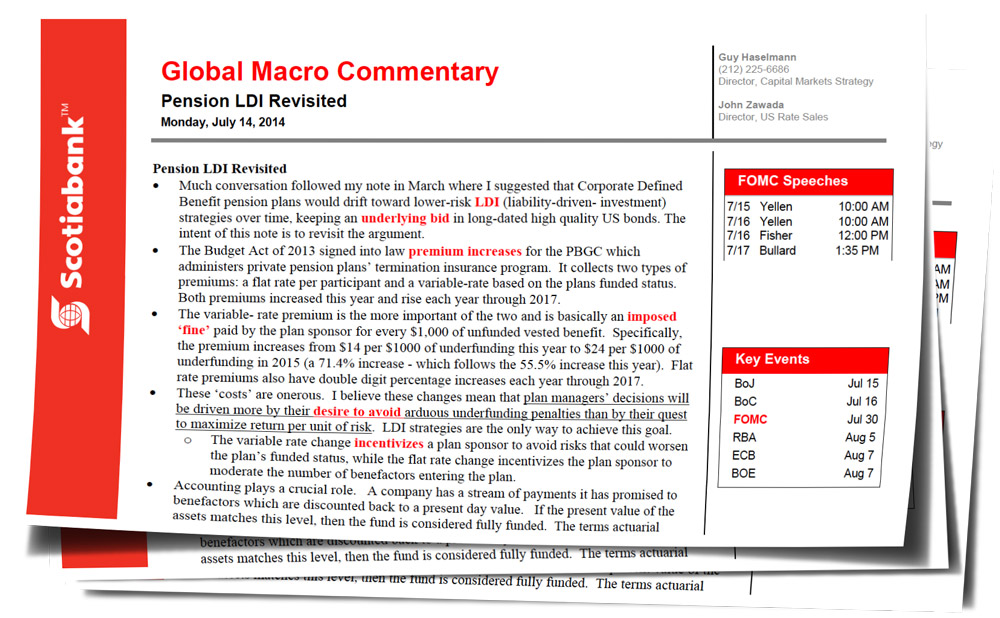by Ben Carlson, A Wealth of Common Sense
“The only guarantee, ever, is that things will go wrong. The only thing we can use to mitigate this is anticipation.” – Ryan Holiday
In the book Obstacle is the Way author Ryan Holiday describes the benefits of the performing a premortem (emphasis mine):
In a postmortem, doctors convene to examine the causes of a patient’s unexpected death so they can learn and improve for the next time a similar circumstance arises. Outside of the medical world, we call this a number of things — a debriefing, an exit interview, a wrap-up meeting, a review— but whatever it’s called, the idea is the same: We’re examining the project in hindsight, after it happened.
A premortem is different. In it, we look to envision what could go wrong, what will go wrong, in advance, before we start. Far too many ambitious undertakings fail for preventable reasons. Far too many people don’t have a backup plan because they refuse to consider that something might not go exactly as they wish. Your plan and the way things turn out rarely resemble each other. What you think you deserve is also rarely what you’ll get. Yet we constantly deny this fact and are repeatedly shocked by the events of the world as they unfold.
I love this concept from an investor’s point of view.
Far too many investors spend their time performing postmortems. While it makes sense to learn from your mistakes, by positioning your portfolio entirely on what you wish you would have done in the past you will always be one step behind the markets chasing performance.
Investors are constantly trying to figure out where the next big risk will come from. Yet if a large number of investors are worried about similar risk factors there’s a good chance it will be something completely different that ends up unnerving everyone. Unknown risk factors are so scary because you can’t prepare for them.
Behavior Gap’s Carl Richards has one of the best explanations on this: “Risk is what’s left over after you have thought of everything.”
Whether we like it or not most of us are completely biased in the way we view the concept of risk.
Researchers from the Wharton Risk Management and Decision Process Center looked back at some of the biggest natural disasters and found the majority of people in the most high risk areas were actually the least prepared for these events. There were 3 biases cited in the research as to why people have problems when disaster strikes:
One is, simply put, that there is a tendency to under-appreciate the future or under-consider the future, or future consequences. A second thing is that people are too quick to forget the past, or too slow to remember the negative events that have happened in the past. The third one is that if in doubt, what often happens is that people will follow the advice of other people who are no less prone to those sorts of mistakes than they are.
Sound familiar?
I like to say that investing success is not really about your actions, it’s about your reactions.
To prepare for the risks that are outside of your control, here are a few considerations for your portfolio premortem:
- What will I do and how will I feel if stocks reverse from these levels and fall 10%, 20% or 30%?
- What will I do and how will I feel if stocks continue to rise another 10%, 20% or 30%?
- How much money am I willing to lose in my portfolio before I become uncomfortable and act irrationally?
- How will I react if my future portfolio performance is lower than expected?
- How will I react if my future portfolio performance is higher than expected?
- Does my investment plan take into account the fact that I will be wrong from time to time?
With stocks continuing to take out all-time highs at a healthy clip now is a great time to think about these issues. Ask yourself what you would do under different circumstances to keep yourself level-headed if and when the time comes.
You can’t predict exactly which events are going to cause stocks to rise or fall. No one can with any precision. But you can predict what you will do if and when markets move one way or another if you have a plan in place.
Having a comprehensive investment plan is the best way to control your reactions because you will have rules to guide your actions depending on how the markets play out. A process helps avoid chasing past performance or trying to predict the future because it takes away the temptation to focus on outcomes which are mostly out of your control.
Investing success comes from setting reasonable expectations and anticipating the fact occasionally things won’t work out as you planned.
Sources:
The Obstacle is the Way
The faulty ‘mental models’ that lead to poor disaster preparation (Wharton)
Subscribe to receive email updates and my monthly newsletter by clicking here.
Follow me on Twitter: @awealthofcs
Copyright © A Wealth of Common Sense














